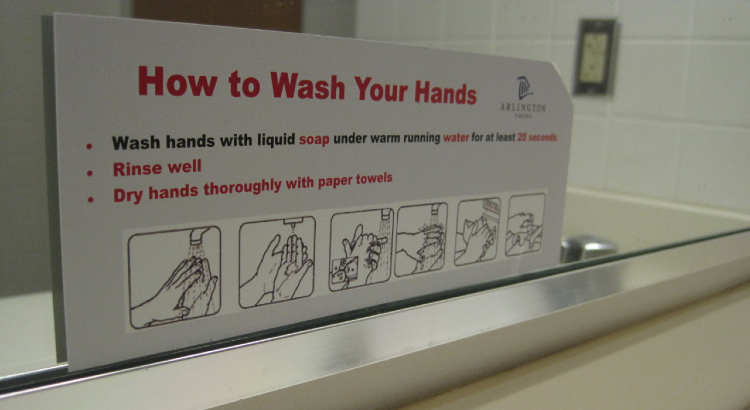The International WELL Building Institute is wasting no time in pivoting the world’s most popular healthy-building platform toward the threat of viruses.
The organization, which operates WELL Building Standard, announced Tuesday that it’s forming a task force “on reducing the enormous health burden from Covid-19 and other respiratory infections” as it relates to buildings.
“Its goal is to define the critical role buildings, organizations and communities play in prevention and preparedness, resilience and recovery,” according to an IWBI press release.
The task force will be led by quite a high-powered panel. U.S. co-chairs include former U.S. Surgeon General Richard Carmona, the Harvard Chan School of Public Health’s Joseph Allen and legendary Los Angeles public-health doyen Jonathan Fielding. More co-chairs will be added later from China, which is WELL’s largest market.

The task force’s charge is twofold, IWBI President Rachel Gutter said in an interview. First, it must come up with ways to address infectious threats through building designs, operations and standards. Then, it will to work with the institute’s staff to put the best of those ideas into action, either by incorporating them into WELL or by offering them up as guidelines for building owners, architects, builders and others.
“Oftentimes, the advancements we make really are the result of emergencies, the result of disasters,” Gutter said. “They’re born of crisis.”
After months of vetting changes through public comments, research and edits, WELL’s governance body last month came within 24 hours of voting to approve Version 2 of WELL. As the coronavirus hit, however, the organization opted to put off the vote so that the group might consider how to address the suddenly dire topic of viral and respiratory infections.
It’s difficult to guess at the ideas that might be adopted by a task force grappling with such a overwhelming and novel crisis.
“Many of those who have raised their hands for the task force have their own ideas,” Gutter said. She said more than 100 architects, engineers, physicians, nonprofit leaders, business people and other professionals have already volunteered for the task force.
Gutter did point to one possibility from her own experience. As IWBI pursued WELL certification last year for its own headquarters in New York, the organization earned “optimization” points by working with employees to develop a remote-working protocol in case of a disaster or, ironically, in case sick employees had to stay home to avoid spreading a disease in the office. That came in handy this month when the office was closed and all the organization’s employees in New York were forced to begin working from elsewhere.
“Who would have guessed that a program that originally was about adding a meaningful tweak … would end up being the most important thing that we did to prepare ourselves for this moment?” Gutter said. “Remote-work preparedness — that’s one area where I think we can make a lot of progress.”
But she also stressed that topics might run the gamut, from such simple fixes as signs reminding people how to wash their hands properly, to technical tweaks on incentives for ventilation and air filters, to more profound ideas touching on how we’ll now think about work spaces.
Some of those ideas might invite controversy. One example: Antimicrobial surfaces. In a construction industry more conscious than ever about infectious disease, manufacturers can be expected to market antimicrobial surfaces as fundamental to fighting viruses and bacteria. At the same time, some coatings used in anti-microbial surfaces have been deemed harmful to people, research has raised questions about their effectiveness, and some scientists warn that the chemicals used could lead to resistant pathogens.
Gutter says the task force and IWBI staff will wade through such difficult issues by relying the “evidence-based process” that IWBI has established to weigh what are to a great extent scientific issues.
Whatever the outcome, the covid-19 crisis seems sure to highlight the relevance of WELL, as well as of the less stringent but nearly as popular Fitwel certification system. In the weeks since the crisis began, Gutter said, the IWBI has seen an uptick in interest in WELL — and not, she’s careful to add, because the organization has been making any sort of marketing push: “It seems quite logical in many ways that a business has to be thinking right now, ‘What will I need to do make my employees feel safe?'”
PHOTO AT TOP: Courtesy of BurtAlert via Wikimedia Commons.


